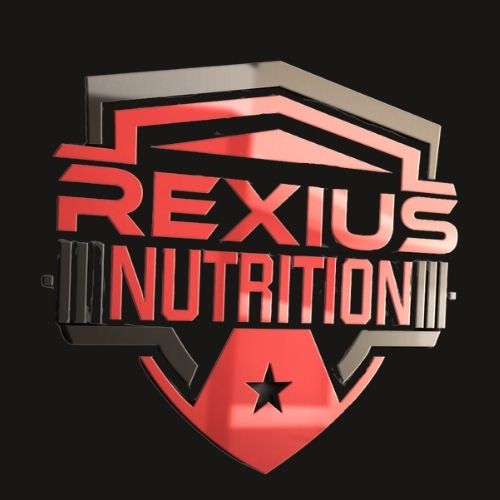Part 6: Individual needs, Aging, and Stress Management
First of all, thank you for following this blog and for bearing with me through another multi-part series. I just want to wrap up this series on recovery with a few related topics that are relevant to this discussion.
As there are so many factors that go into recovery, assessing your own recovery needs can be a bit challenging. As a coach, one of the axioms I find myself repeating often is “Everybody is different.” This may seem a bit trite, but there’s a lot of truth in that statement. There are, however, several general statements that can be made about individual recovery ability.
- Listen to your body. If you feel great and are not experiencing any limits in the intensity of your workouts, great! Keep doing what you’re doing, or push yourself harder by gradually ramping up the intensity and/or volume. However, if you’re persistently experiencing the any or all of the following, there may be some things about your training/nutrition/sleep that need to be re-considered (usually a reduction in intensity or volume):
- Lack of desire to train
- Loss of performance in the gym
- Lingering soreness in muscles and/or joints
- Poor quality of sleep
- Low energy levels throughout the remainder of the day.
- Loss of appetite
- Digestion issues
- Recovery ability changes with age. OUCH -- this hits really close to home for me. I’ve been pursuing specific fitness goals for a LONG time. Over the 30+ years that I’ve been lifting weights regularly, lots of things about my body have changed. Obviously, as my body grew, my capacity for training grew, through greater efficiency of movement, better conditioning, better nutrition, a more knowledge of the recovery process. But this can’t continue forever. At age 44, I am now at a stage in life where my recovery ability is not what it once was. As much as I may live in denial of this fact, I can’t train like I did when was 24, or even 34 (though I was in much better shape at 34 than I was at 24!!). This is a natural part of the aging process, although I can’t honestly say I know when that particular decline started. It’s probably different for everyone, and there are multiple causes, including genetics, hormones, nutrition, and personal history (injuries, training history, life outside the gym etc.).
- Stress has an impact on recovery. Look again at the list of signs of inadequate recovery. Think about how many of these are also true when you’re under a great deal of stress outside the gym. Of course, for many of us, exercise is a great way to relieve stress. But it’s also very easy (especially for competitive athletes) to allow your goals and the process of attaining them to become a source of stress. Just as it is true that individuals have different recovery abilities, we each have different capacities to deal with stress. But if you’re near your limit for stress, I can guarantee you’re not recovering as well as you want to be.
Surely, I don’t need to compile a list of likely sources of stress. I’m sure we all are aware of the many things (or people) that have potential to add stress to our lives. Our fast-paced lives are full of potential sources. However, here’s a list of things that I and many others have found helpful in managing/relieving their stress.
- Practice gratitude – focus on something you are thankful for. Tell someone how much you appreciate them and why (be specific). Make a list of things you are thankful for. How many more things can you add to your list?
- Change your environment – Turn off your phone and/or computer. Go for a walk outside. Try a different gym for a day. Get out of town for a weekend.
- Try a new form of exercise – if the thought of trying something new doesn’t fill you with anxiety, try something you don’t do on a regular basis, or something you’ve been interested in trying but just haven’t taken the plunge: yoga, kickboxing, dance, etc.
- Get involved in your community – churches, civic organizations, volunteering -- anything that allows you to be part of something bigger than yourself, even if just for a few hours.
 Skip to content
Skip to content
